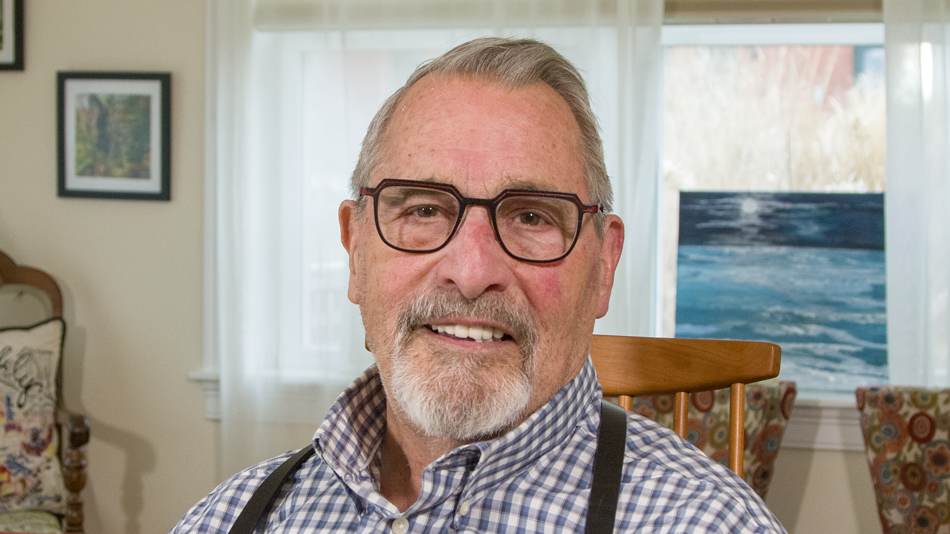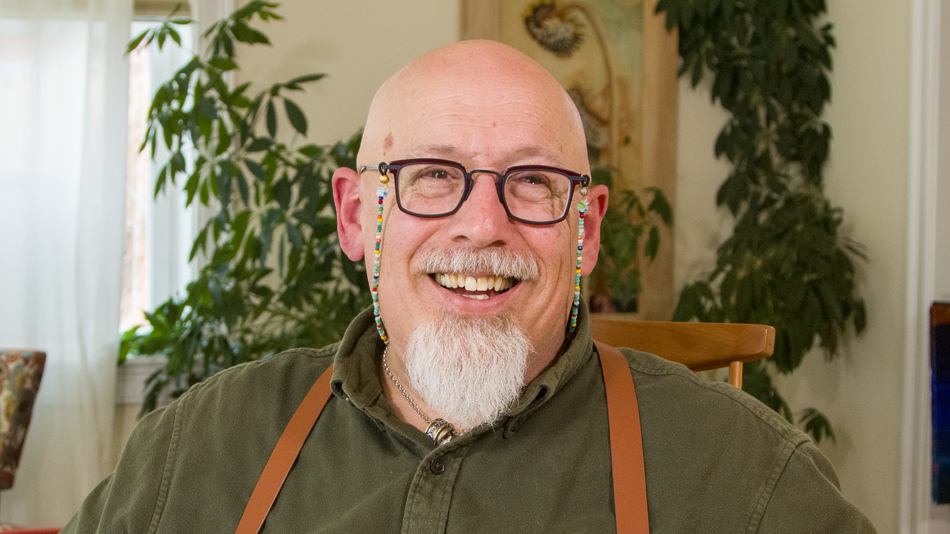
Being gay in a small town isn’t glamorous (think Slingblade), which is why I don’t live in one anymore. If you’ve ever heard of Elgin – and I don’t blame you if you haven’t – you may have heard that it’s the Sausage Capital of Texas. You’ll have to pardon me for the lack of reverence; Elgin has little to offer besides Jesus, meat and lawnmowers, and I sleep in on Sundays, prefer vegetables and xeriscaping. You may have also seen Elgin in Lasse Hallstöm’s What’s Eating Gilbert Grape without even realizing it. What first comes to mind when I think of Hallstöm’s eerie take on Elgin is the lipstick-red Burger Barn. The Burger Barn baked on Highway 290 in Elgin until one too many thunderstorms battered it to condemnation, later resembling a real barn instead of the West Coast implant it truly was. This acculturation process, from riches to rags in the case of the Burger Barn, leads me to my main focus: some of the issues that non-heterosexual people encounter and how we adjust to our environments resonates very much with me. My story is about identity and acceptance. It is a reflection on where I come from and how I have changed since living there.
Rural Texan towns like Elgin have been stereotyped for being outdated and closed-minded, but with good reason. I remember a boy named Jonathon in my Kindergarten class whom everyone would giggle at and make fun of because, technically speaking, he was the only person in Elgin that I knew who didn’t fulfill a certain gender role. In Elgin, boys were expected to play sports and do men-folk things like hunt and fish. Girls were supposed to dress nice, play with dolls, cook and clean. Both sexes were expected to practice Christianity from infancy. Of course, this picture-perfect microcosm was not unilaterally so perfect, even amongst the different minorities in Elgin. Jonathon allowed me my first glimpse on a new form of diversity. Jonathon would bring dolls to class, wear pink overalls, and talk with that unmistakable gay male tone of voice. I felt bad for him then as a social outcast, but now all I can ask myself is, “How in the hell could he do that at such a young age?” He must be the most proud and self-aware gay man in Elgin by now, if he still lives there. When my parents divorced, I luckily got out of Elgin at age six, yet retained close ties until my father moved to Austin when I turned eighteen.
Being a gay godless vegetarian in Texas certainly has its social drawbacks, but I know I’m not alone. I’ve never really been the “gay” type; you know, someone who talks, dresses, and behaves, well, gay. Be it my Texan surroundings, repressing my own homosexuality in my adolescence, or just a general distaste for stereotypical identities, I never liked the scene. Even today I straddle the gay and straight community, not because of an inability to come to terms with my identity, but due to the general absence of any community completely accepting of sexuality and gender preference – even gays discriminate. Moreover, in tandem with coming out I also stopped believing in God. As I was raised in a Christian household, I grew up a devout believer in things religious. Let’s just say that I quickly discovered the incompatibility of homosexuality with most religions. So, I had to invent the rules for most everything in my life, as the God-fearing, patriotic American society I grew up in has historically had no place for my kind besides behind bars or behind a barber’s chair. As a result, I needed to explore, I needed a gasp of fresh air to rekindle my admiration for my home, my community and my lifestyle. I had to discover for myself the limits of human tolerance and acceptance. Consequently, for reasons still quite unknown to me, I went to the Catholic headquarters of the world: Italy.
At first I was afraid; I didn’t speak Italian, I wasn’t Catholic, and I had never been to Europe before. I went alone for two months, my only companions a backpack and a wad of Euros, ready for a change. I never, ever imagined my time in Italy to be so personally rewarding. I will spare you the fine details of my entire trip, but I want to focus on my time in Rome. There I was eager to check out the gay scene because I had never interacted with gay Italians before. To sum it up, I had a blast in the Roman gay community. Luckily my host in Rome was gay and vegetarian, and he showed me to all the good eateries and hangouts and introduced me to many people I’ll never forget. The paradox of Rome is its treatment of gays. Though it is the seat of Catholicism, I have never been steeped in a community accepting of homosexuality before, in fact people were almost blind to it. Since we had so much in common, my host and I ended up hitting it off. Since I had no idea how gay “lovers” act in public, I did as the Roman did. I can remember kissing in public, resting heads on shoulders during bus rides, holding hands on the street, and talking blatantly about gay life in America versus Italy for all to hear. To heterosexuals reading this, you might think, “So what?” To everyone else, these actions are not common or even tolerated in parts of my country. And certainly not in Texas. However, the very fact that I have to comment on my ability to show affection for somebody in public is, in my opinion, quite depressing and indicative of the social molding that I have been subjected to. Perhaps the very reason I loved (and still love) Italy so much is because I felt liberated. I could walk on the beach in a see-through thong if I so chose and no one would think twice. I could walk up to the Vatican and burst out laughing and pointing my finger if I so chose. And I could kiss my love at a bus stop, as I so chose.
Italy was a breath of fresh, cleansing air. I left a stronger and wiser individual ready to combat the injustices back in the States. Flying back into New York was, to put it metaphorically, a breath of polluted air. As soon as I stepped into the subway station from the airport I was bombarded with screaming citizens ordering me to accept Jesus’ death for my sins and to repent. It truly was the New World. I had never been asked to do anything with Jesus in Italy, which surprised me to the greatest degree. “Why is no one in Rome asking me to become Catholic,” I would ask myself, “and why does it seem like the moment I step into my home turf I feel suddenly guilty for a lifestyle that was permitted across that big lake?” I still don’t know the answers to these questions, but I know I have to choose my battles wisely. In Austin, homosexuality is tolerated but not accepted. We the voters outlawed homosexual commitment in our State Constitution. The degrees of tolerance in the States vary, but in general the acceptance factor is missing somewhere in the closets of the courthouses we pay for.
A professor I had summed up the status of the Gay Rights Movement quite eloquently when she compared it to the success of the Civil Rights Movement. “You know a social movement has succeeded when the cultural institutions of society no longer tolerate discrimination,“ she stated, “if someone were to say a racist statement today it would be very offensive to the public. However, if one were to translate a homophobic statement into racial terms, one would see just how blatantly unacceptable this is.” These words turned a light bulb on in my head, showing me that I didn’t have to tolerate how people tell me to act and whom I can love. All I demand is unfettered acceptance. My homosexuality is nothing to be afraid of, nor is it a threat to American societies. My one demand is quite simple, and the time has come to stop bending over to the institutions of countries that demand sexual conformity. I would certainly never stop a heterosexual from loving someone of the opposite sex; therefore I expect and demand in return that I am allowed to love someone of the same sex. If there is any indicator that this acceptance is slowly occurring in the Americas, I would like to attribute the attention of the media to gay issues as a positive, but the media is not the public.
I still wait for the day when I can walk down the street in my hometown, hand in hand with my love, and feel no remorse or guilt for who I am and where I come from. But that Burger Barn still haunts me, because now I realize that it was not left to rot on the highway as an outcast, but rather celebrated and preserved for its difference and uniqueness. The citizens of Elgin left it there as a trophy; I hope that they, along with other American societies, will treat different and unique humans in the same manner.








Share